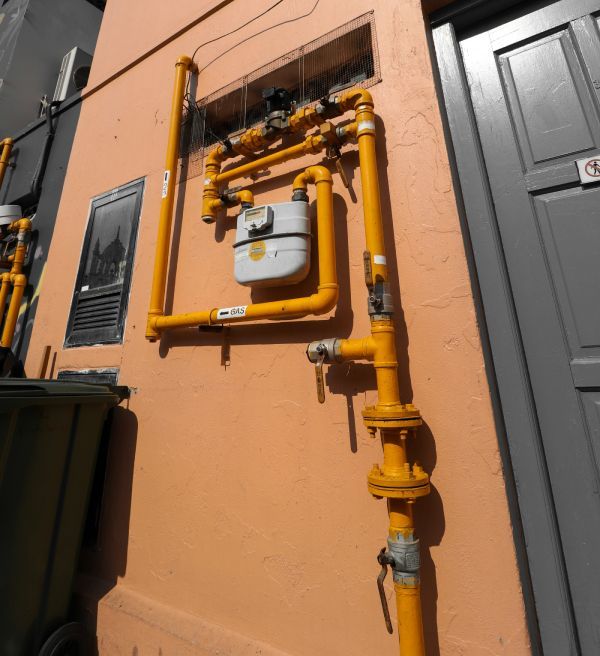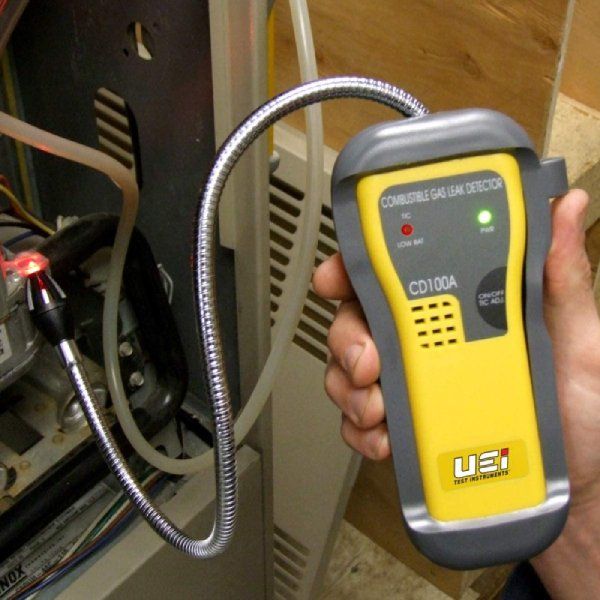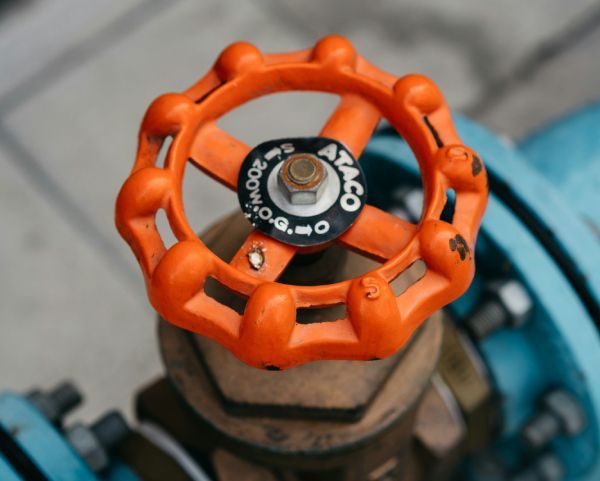Master Plumbers Blog
Gas Fitting Maintenance: Tips for Homeowners to Ensure Longevity and Efficiency
When it comes to home maintenance, one aspect that you shouldn’t ignore is plumbing. Specifically, you also have to take your property’s gas fittings and piping into account. These components are designed to regulate the gas flow of your home, and if they get damaged, you increase the risk of unpleasant accidents and even health issues.
By giving your home’s gas fittings a thorough inspection, you can detect issues early and address them accordingly. This proactive approach will ensure the longevity and efficiency of your gas line system, as well as the continued safety and comfort of your home.
With all that said, here are some tips for safe gas plumbing maintenance at home.
Know Where Your Gas Lines Are
Understanding the layout of your gas lines makes it easier to perform a thorough inspection. You can begin by locating your gas meter, which is usually outside your home. From there, trace the gas lines that connect to your various appliances, such as the stove, water heater, and furnace. Make a note of the route the gas lines take and their proximity to potential hazards or obstructions. During this step, you should also locate the system’s shut-off valves. This way, you can quickly and confidently shut off your gas supply in case of emergencies.
Moreover, if your gas lines run underground, be aware of their path to prevent accidental damage during landscaping or construction activities. This simple awareness can save you from potential dangers and make any necessary inspections or repairs more straightforward.

Understand Your Gas Line System’s Components
Your gas line consists of several key components, each of which plays a crucial role in the safe and efficient gas distribution throughout your home. Having a basic understanding of what they are and do can help you identify potential issues early on. Here are some of the parts that make up a gas line:
- Gas Pipes
These components are the primary conduits for gas delivery, running from the gas supply to individual appliances. They’re typically made of durable materials such as copper or steel, which means they can handle the demands of daily use. Nevertheless, they can run into issues that can compromise the integrity of the system. Some of the problems that can prevent gas pipes from functioning properly include rust, corrosion, and physical damage.
- Gas Valves
Gas valves act as control points for regulating the flow of gas to appliances. They allow you to shut off the gas supply to a specific appliance without affecting the rest of the system. Check these valves periodically to ensure they operate smoothly and are not leaking.
- Pressure Regulators
Pressure regulators maintain a consistent flow of gas to appliances by enabling you to adjust the pressure from the main gas supply.

Familiarise Yourself with Common Gas Fitting Problems
Awareness of common gas fitting problems helps you to detect these issues promptly, preventing potential hazards and ensuring the longevity of your gas line system. It also gives you enough time to assess the situation. In case you do notice a problem with your gas line, call a reliable plumbing company near you. If you live in Dunedin, New Zealand, reach out to professional
plumbers Dunedin residents trust so that they can address these common gas line problems:
- Gas Leaks
Gas leaks are a serious concern that, if left unchecked, can lead to health problems and even explosions. If you notice a distinct, unpleasant odour, a hissing sound near gas lines, or dead plants in the vicinity, it likely means that you have a gas leak. Do not attempt to fix the issue yourself. In this scenario, evacuate your home immediately and contact a plumbing company that can handle gas-related tasks.
- Gas Pipe Blockages
Blockages in gas pipes can disrupt the flow of gas to your appliances. Signs of blockages may include weak or inconsistent flames on gas burners. If you notice these symptoms, it's essential to address the issue promptly. Note that clearing blockages may need professional assistance to ensure a thorough and safe resolution.
- Gas Valve Defects
Defective valves can result in gas leaks or inefficient operation of appliances. Periodically check for any signs of corrosion, stiffness, or irregularities in the functioning of gas valves. If you notice any issues, consult with a professional to assess and rectify the problem.
Replace Old and Damaged Gas Fittings and Connectors
As gas fittings and connectors age, they become susceptible to wear and deterioration, potentially compromising the integrity of your gas line system. So, during the inspection, consider the state of the components of your gas system. Look for any signs of wear, such as cracks, fraying, or rust. If any of the fittings or connectors have these issues, replace them promptly. Ideally, you should replace old parts with modern fittings to take advantage of improved safety features and provide your household with an added layer of protection.

Let a Professional Inspect Your Lines Semi-Annually
While you can perform basic visual checks, it’s still best to enlist the expertise of a professional for comprehensive inspections. Having a qualified gas technician inspect your gas lines semi-annually assures you that they can identify potential problems before they escalate. After all, a professional plumber has the knowledge, tools, and experience to conduct in-depth assessments of your entire gas line system. They can spot issues that may not be apparent during routine visual inspections, ensuring a comprehensive evaluation.
Performing regular gas fitting and piping maintenance is a necessary step to ensuring the efficiency and longevity of your gas system, as well as the safety of your home. Visually inspecting your gas pipes, valves, and regulators can give you a good idea of the condition of your gas system, giving you enough time to address any issues appropriately when needed.





